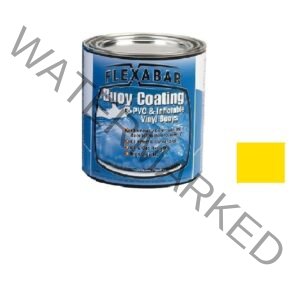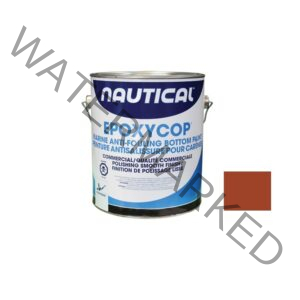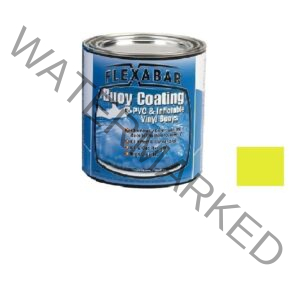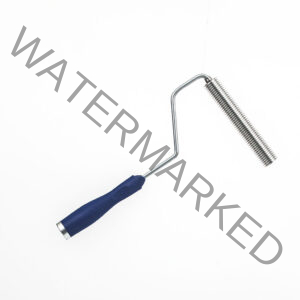POLYESTER FIBERGLASS RESIN
28.99$ – 283.99$
POLYESTER FIBERGLASS RESIN
Comes with hardener.
Can be used to repair damaged fiberglass boats, snowmobiles, jet skis, tubs, showers, sinks and hot tubs.
Can be used alone or with fiberglass tape, cloth or carpet.
High strength, long life.
Compatible with all paints, including gel and marine paints
Polyester resin is an unsaturated thermosetting resin produced by a reaction between several organic acids and polyhydric alcohols. It is most commonly used in the construction of reinforced fiber moldings and composite products. The polyester resin used in most molding applications is a viscous liquid requiring the addition of catalysts and gas pedals to complete the curing process. Polyester resins are contact products that require no pressure to cure and can be cured from a liquid or solid state. Although these products have several distinct disadvantages compared to other commonly used composite resins, they still offer an attractive balance of ease of use, low cost and positive physical characteristics.
The most commonly used polyester resins are light-colored, fairly viscous liquids consisting of a solution of polyester and styrene. Styrene, added to reduce the viscosity of the resin, makes it more fluid and plays a key role in the curing process of the product. Resin manufacturers include several other additives in polyester resin products depending on their intended uses. These include pigments, UV stabilizers, fillers and fire or chemical resistant substances. These additives are available in commercially available resin formulations or can be added in varying amounts to produce customized products to meet consumer needs.
Polyester resin has a short shelf life and will gel completely after an extended period. Gel inhibitors are often added to the resin to slow this process, but the resin will eventually harden completely over time. The curing process is basically just an accelerated adaptation of this natural gelling action. A catalyst is added to initiate the curing process; a gas pedal speeds up the gel time and allows the process to take place at room temperature and without applied pressure. During this process, styrene is released or evaporated, causing the resin to cure.
One of the most extensive single uses of polyester resins is in the production of fiberglass reinforced moldings. In these applications, the resin is used to bond layers of glass fiber mats or machine-applied strand fibers to form a strong laminate. One of the most common is the construction of marine products such as the hulls and internal structures of yachts and powerboats. Glass-reinforced plastics (GRP) are also commonly used to produce roofing sheets, siding, automotive parts, surfboards, and many other molded household and industrial items. As noted, the addition of flame retardants, chemical retardants and UV stabilizers greatly expands the range of uses for these products.
In addition to their many uses, polyester resin products have several drawbacks. In comparison, they do not have the same mechanical properties and are less water resistant than vinylester and epoxy resins. The evaporation of styrene during the curing process causes fairly significant volumetric shrinkage, the full extent of which is often difficult to predict. Styrene emissions are also harmful and may require specific, often costly, environmental safety measures. Aside from these negative points, polyester resin moldings are still among the most cost-effective and generally efficient of all types of molding resins
AVAILABLE:
LITER
GALLON
20 LITER
BARREL
Translated with www.DeepL.com/Translator (free version)





